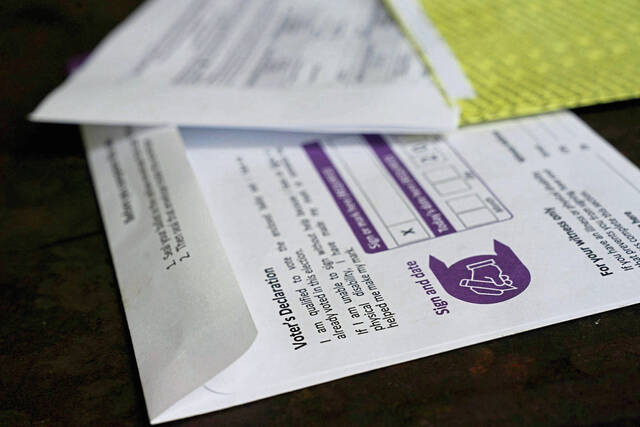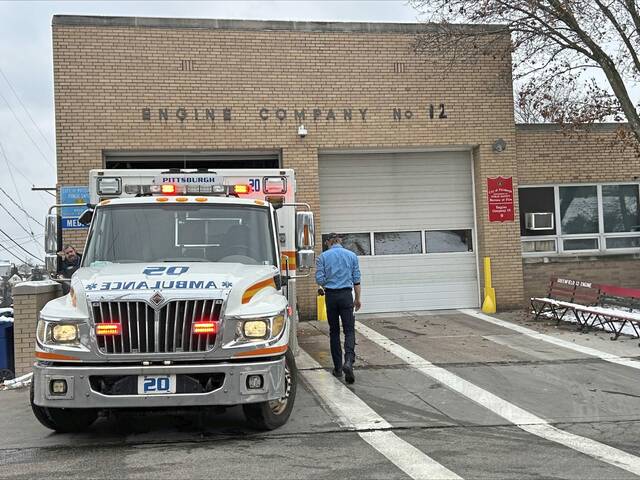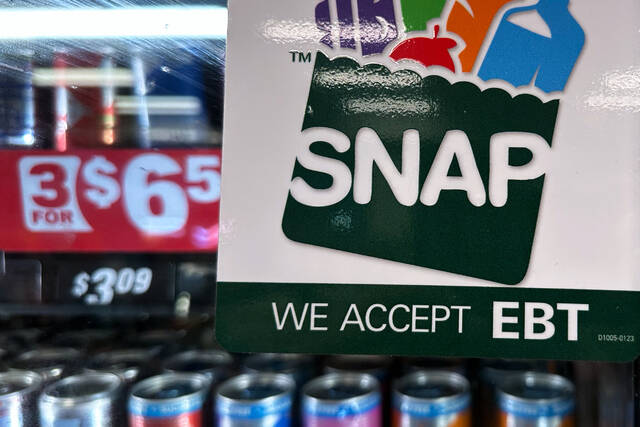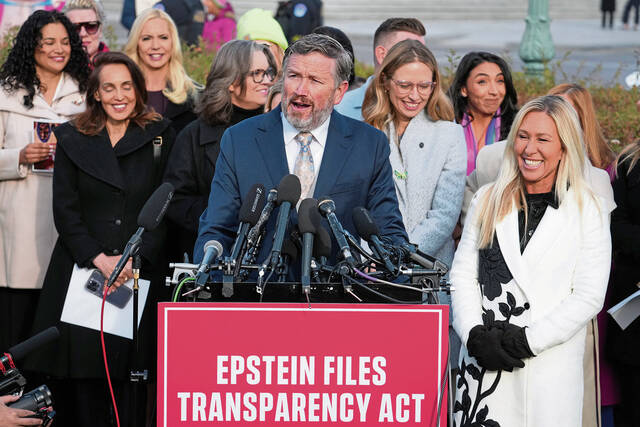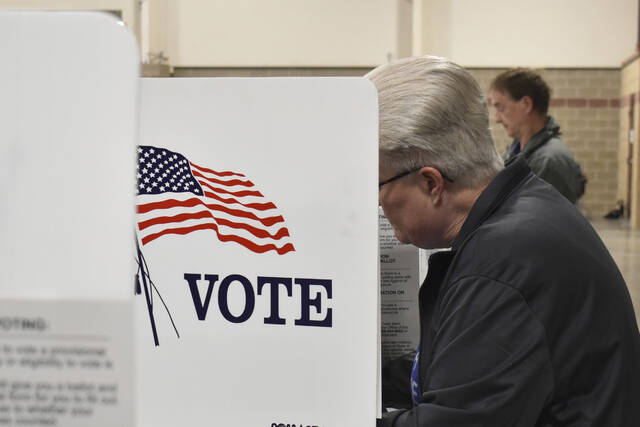This month we celebrate the 60th anniversary of the Voting Rights Act of 1965, one of the single most influential pieces of legislation in American history. The policy that finally, almost 200 years after our nation’s inception, brought us to the cusp of living up to our founding truth that “all men are created equal.”
The VRA was an immediate success. By mitigating tactics such as poll taxes and literacy tests, the disparity in voter registration between Black and white voters reduced from nearly 30% to 8% in just 10 years. Further enforcement of the Voting Rights Act made redistricting more fair and led directly to the election of hundreds of candidates of choice in states with a long legacy of racial discrimination.
Consistently, the VRA has been overwhelmingly and bipartisanly popular. Congress has voted repeatedly, and without controversy, over the years to reauthorize the legislation. In 2006, reauthorization of the VRA passed the Senate unanimously. There has historically been broad agreement in the need for and success of the VRA, which continued to operate as it was designed for nearly 50 years.
In 2013, the Supreme Court ruled to limit a keystone of the federal VRA known as “preclearance,” which required jurisdictions with a history of racial discrimination to get approval from the federal Department of Justice before making any changes to their voting policies and practices.
Preclearance specifically prevented states from enacting any changes that would negatively impact Black communities, and when that protection was dismantled in a 5-4 decision, offending states immediately rushed to enact policies that made it more difficult to vote. Consequently, racial disparities in voter registration and turnout began to rise again in places that had been subject to preclearance.
With that weakening of national protections, voters seeking justice under the federal VRA typically must file lawsuits against their election authority after a violation is committed. While this has sometimes been effective for civil rights organizations to systemically address discriminatory injustices, the Supreme Court continues to dismantle hard-won voter protections and avenues for recourse.
In 2021, a second ruling made it difficult to even introduce cases under the federal VRA, effectively stripping the law of its power and leaving communities of color across the country vulnerable to political manipulation.
This year, the federal government has been ramping up its assault on voting rights. In early January, the Department of Justice found that a city in Luzerne County with a large and growing Latino population is diluting the power of Latino and Spanish-speaking voters in city council elections. In Hazelton, a city where 2 in 3 residents are Latino, no Latino council member has ever been elected or appointed.
The impact of their at-large council districts is a lack of representation for the majority of the population that results in discrimination in education, employment, housing and policing, according to the DOJ. And while the current administration has shown it will not act, we need a method for these cases to be resolved right here with elected judges in our state courts if the federal government refuses to act.
And just recently, the Department of Justice made an unprecedented request for voting data from key states, including Pennsylvania. Civil and voting rights experts worry this information will enable the administration to make it more difficult to vote at a time when we’re already experiencing a lack of representation for communities of interest in the commonwealth.
Pennsylvania voters have already demonstrated they want policies that will make it easier and more accessible for eligible voters to participate in our democracy. In 2024, unprecedented demand for early voting by mail, a needlessly complicated, multi-step process, led to long lines and voter discontent.
The Election Law Journal, who compiles an annual Cost of Voting Index that measures how difficult it is to vote in each individual state, ranked Pennsylvania 29th — just behind states like West Virginia, Arizona and Idaho. Pennsylvania has room to grow to ensure every eligible voter can fairly cast their ballot and is represented in our democracy.
As we approach the 250th anniversary of the Declaration of Independence, it is time once again for the Commonwealth to lead the way and make “liberty and justice for all” a reality. In recent years, several states have protected democracy locally by passing state-level Voting Rights Acts, a step that Pennsylvania should consider.
In the meantime, one meaningful step we can take today is passing HB 1396, a bill that would make voting easier and more accessible for all eligible Pennsylvanians. This proposed legislation, the Speaker’s Omnibus Election Code Bill, which passed the House this year and is awaiting action in the Senate, includes commonsense provisions like early in-person voting on machines and drop boxes which would move Pennsylvania to its rightful position as a national leader in democracy.
Salewa Ogunmefun is executive director of Pennsylvania Voice.


